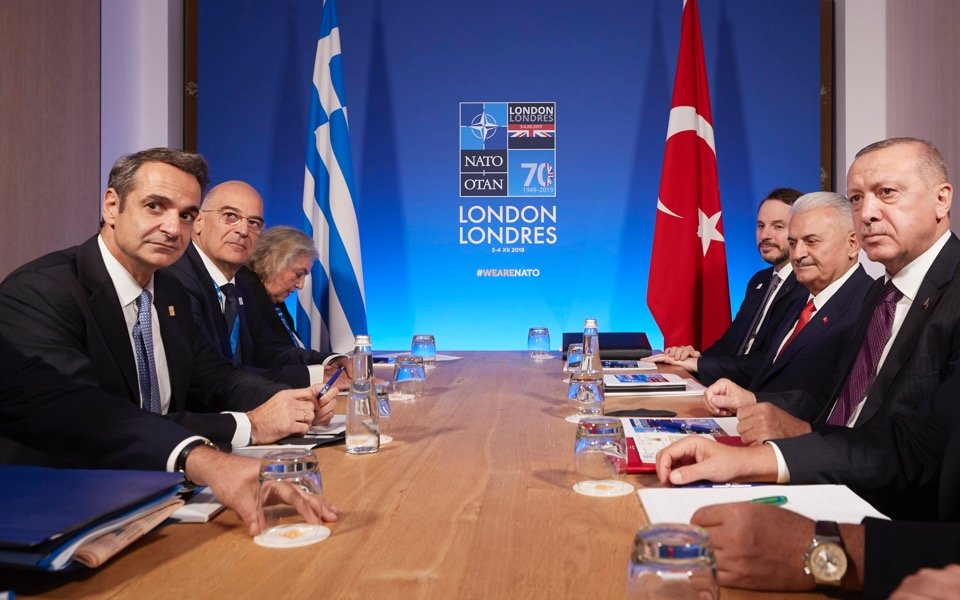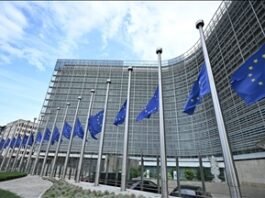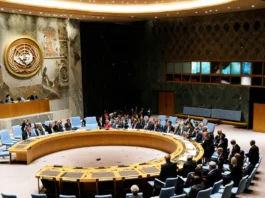Introduction to the Safe Program
The EU’s Safe Program, formally known as the European Union Security Fund, represents a strategic initiative aimed at enhancing the defense capabilities of member states. Launched in response to an increasingly complex security landscape, the program addresses various challenges, including regional conflicts, terrorism, and cybersecurity threats. The objective of the Safe Program is to foster collaborative defense investments among EU countries, thereby strengthening collective security and ensuring that all member states can contribute effectively to defense mechanisms.
In light of rising tensions in various geopolitical hotspots, the EU recognized the imperative for a coherent security framework. The Safe Program serves not only to bolster European defense but also to support a unified approach to defense procurement and innovation. By pooling resources and expertise, EU nations can achieve economies of scale and enhance interoperability among their armed forces. This collaborative dynamic contributes to a more resilient and robust European defense posture, capable of addressing emergent threats more effectively.
The budget allocated for the Safe Program is significant, reflecting the EU’s commitment to security. Each member state is expected to participate in this initiative according to their capabilities and needs, leading to a diverse array of opinions regarding participation. Particularly contentious is the involvement of Turkey, given its historical tensions with Greece, another EU member. While some EU nations view Turkey’s participation as vital for security collaboration in the region, others express skepticism due to ongoing disputes. These divergent perspectives underline the complexities of defense partnerships within the EU, highlighting the need for a delicate balance between national interests and collective security imperatives.
Germany’s Position and Foreign Policy Shift
Recently, Germany has made a significant foreign policy decision by endorsing Turkey’s participation in the Safe Program, a move that underscores the deep-rooted historical ties between the two nations, particularly within the framework of NATO. German Foreign Minister Johann Wadephul articulated this decision, emphasizing the necessity of strengthening cooperation in the face of shared security challenges. This alignment with Turkey is also reflective of Germany’s broader strategic interests within the European Union, as it navigates complex geopolitical tensions, especially those involving Greece.
The robust Turkish community residing in Germany, which constitutes one of the largest diaspora groups in the country, further complicates the dynamics at play. Their presence contributes to Germany’s continued interest in fostering positive relations with Turkey, as it seeks to balance domestic and international priorities. Germany’s proactive stance in supporting Turkey within the Safe Program indicates an intention to maintain stability in the region, reflecting a potential shift in its foreign policy outlook in light of current challenges.
Moreover, the decision to resume arms sales to Turkey has brought about mixed reactions within Germany. Critics, including various human rights organizations, have voiced concerns regarding Turkey’s domestic policies and its military actions in the region. These apprehensions highlight the delicate interplay between security collaborations and respect for human rights. The German government now faces the challenge of addressing these criticisms while remaining committed to its strategic partnership with Turkey, a decision that may influence future discussions regarding military and diplomatic relations. Overall, Germany’s support for Turkey signals a pivotal moment in its foreign policy, aiming to reinforce alliances in a changing geopolitical landscape.
Greece’s Concerns and Political Responses
Greece’s apprehensions regarding Turkey’s involvement in the European Union’s Safe Program are grounded in multiple factors that highlight the fraught relationship between the two neighboring countries. Prime Minister Kyriakos Mitsotakis has voiced serious objections, emphasizing that Turkey’s participation could exacerbate existing tensions within the region. The implications of this program on the security dynamics of the eastern Mediterranean cannot be underestimated, particularly in light of ongoing maritime boundary disputes and territorial disagreements over resources in this strategically significant area.
One of Greece’s primary concerns revolves around Turkey’s military capabilities. The acquisition of the Russian S-400 missile systems by Turkey has raised alarms not only in Greece but also within the broader European context. This development poses a direct challenge to the balance of power in the region, where Greece perceives a need for a united European stance against potential threats. The deployment of advanced military technology in close proximity could significantly alter the security calculations for Greece and its allies.
Furthermore, Athens perceives Turkey’s actions in the region as undermining EU unity and collective defense efforts. The Safe Program aims to bolster security cooperation among EU member states, yet Greece’s calls for reconsideration of Turkey’s involvement underscore a potential fracture in European defense policy. This situation forces Greece to contemplate the implications of allowing Turkey to gain further legitimacy within EU security frameworks, given its contentious regional behavior.
Political responses from Greece have been firm, with discussions of a possible veto on Turkey’s participation reflecting a broader anxiety about the contribution of a country perceived to destabilize the region. Addressing these security concerns entails a careful evaluation of how EU member states engage with Turkey, especially in collaborative security initiatives.
Future Prospects for EU-Turkey Relations
The future of EU-Turkey relations remains a complex subject, shaped by various factors, including Turkey’s adherence to European values and the evolving geopolitical landscape. Germany’s support for Turkey, especially in the context of the EU security program, could play a pivotal role in determining the trajectory of these relations. As Germany positions itself as a mediator, the emphasis on Turkey addressing key issues such as human rights, democracy, and the rule of law becomes increasingly crucial. These elements are not just a prerequisite for Turkey’s EU aspirations but are also essential for fostering a conducive environment for cooperation.
The recommendations made by German officials, including those from the CDU, as articulated by Wadephul, underline the importance of Turkey’s commitment to these values. The EU’s willingness to engage more deeply with Turkey hinges on tangible progress in improving its human rights record and strengthening democratic institutions. Such advancements would not only enhance Turkey’s standing within the EU but could also serve as a catalyst for more robust bilateral relations.
Moreover, the dynamics of defense cooperation in Europe are likely to be reshaped by these developments. As Turkey continues to navigate its strategic partnerships while addressing internal challenges, there is potential for enhanced collaboration with EU member states on security matters. However, achieving mutual understanding and fostering diplomatic dialogue between Turkey and its neighbors will be essential. This is particularly relevant against the backdrop of Greece-Turkey tensions, where effective communication can defuse potential conflicts and promote stability.
Ultimately, the geopolitical implications of Turkey’s aspirations within the EU context are significant. As Turkey seeks to balance its security needs with its relationships in Europe, the prospects for future EU-Turkey relations will depend on both parties’ commitment to dialogue and reforms. This collaborative approach could redefine Europe’s security architecture in the coming years.




